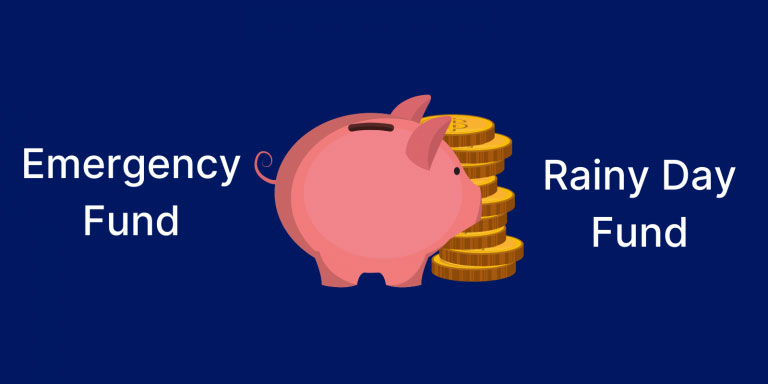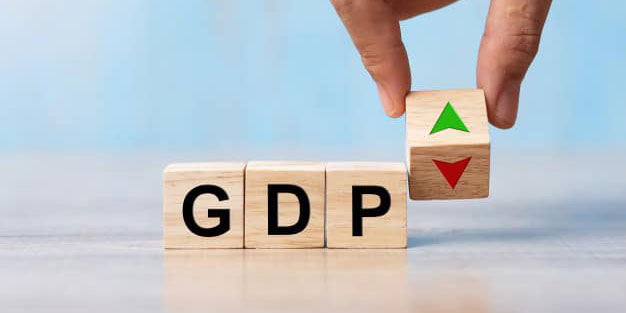Jan 26, 2024 By Triston Martin

In times of financial hardship, managing credit score playing cards wisely becomes essential to navigate monetary challenges successfully. It has been seen that a considerable proportion of American adults, approximately 74%, report having financial regrets, per a survey by finance professionals. A primary concern expressed by 21% of the respondents is the inadequacy of their early retirement savings, whereas 15% lament the accumulation of excessive credit card debt. This is of the utmost importance, as excessive credit card balances can impede the attainment of financial goals and complicate the management of finances.
Professor of finance at Middle Tennessee State University Sean Salter emphasizes the prevalence of credit card problems, particularly among younger or less informed individuals. Young people frequently use credit cards to finance lifestyles that exceed their means of subsistence. Nevertheless, even more mature and seasoned individuals are susceptible to falling prey to this trap. Although credit cards can be valuable financial instruments, their prudent utilization necessitates considerable self-control.
The High Cost of Credit Card
Credit card cash advances are tempting when in financial trouble. As a short-term loan, this option allows bank or ATM withdrawals. Such convenience, nevertheless, entails substantial expenses. Interest accrues promptly upon cash withdrawal, frequently at a rate that surpasses that of recurring transactions. In addition, additional charges are typically applicable.
This should be the last resort. Why? Because expenses can expand. Consider how exorbitant interest rates and fees can make a $500 cash advance seem more expensive than it is. Consider all options before getting a cash advance. Personal loans may be cheaper. Repayment plans and lower interest rates distinguish them from credit card advances.
Many of the best credit card offers targeted promotions. Some financial institutions allow you to transfer credit to a lower-interest installment loan. This may be a cheaper way to get money than a cash advance with high fees. Though less well-known, this feature can improve financial management.
Adapting Your Budget

It is crucial to reassess one's budget during inflation or financial hardship periods using the best credit card offers. Primarily due to her husband's medical requirements, Senn, a mother of six, observed a surge in her weekly grocery expenditures from $125 to $225. Constriction of diet necessitates grocery savings due to his lupus-related dietary restrictions. Senn implemented budgetary reductions to compensate for these expenses. For instance, she opted for a more economical arts camp for her children and substituted family gatherings at home for trips to the coffee shop.
Assisting in differentiating necessities from luxuries, Katie Bossler, a quality assurance specialist at GreenPath, a nonprofit credit counseling organization, recommends conducting a comprehensive budget review. Consider canceling unused subscriptions and unnecessary purchases while reviewing your credit card statement. Particularly, those contributing to income generation give precedence to essential expenditures such as rent, utilities, and food. In difficult economic times, these measures can aid in managing one's financial obligations.
Survey results from 2021 indicated that, as a result of inflation, the mean grocery expenditure of American families increased by about 12 percent. Additionally, around 30% of the population became self-employed to augment their financial resources. This trend highlights adaptability to shifting economic conditions and the value of flexible budgeting.
Don't Rely On The Credit Limit
Prudent financial management requires limiting credit card use. Cut unnecessary expenses to save money and reduce credit use. Set aside $5 a week or something similar regularly. Emergency funds are safe, but using your credit limit as your only funding source is risky because the credit card company can lower or eliminate it.
Ask for a higher credit limit when your balance is positive. This lets you use a line of credit to supplement your savings for unexpected expenses. The company may do a hard credit check if you request a higher limit. These checks may temporarily lower your credit score.
A 2021 poll found that 13% of American cardholders had their limits lowered or accounts closed without consent. This shows the importance of not using credit limits alone. According to the Federal Reserve, US credit card interest rates average 14.50%. Due to high-interest rates, overusing credit can lead to debt.
A rainy-day fund is also essential. Financial experts recommend saving three to six months of living expenses. According to a 2022 CNBC report, only 41% of Americans could pay an unexpected $1,000 expense with their savings, and 25% have none.
Avoiding High-Interest Credit Card Debt

High-interest best credit cards require extreme caution. According to Federal Reserve data, 2021 interest-bearing accounts averaged 16.45%. Rates can reach 29.99%. Credit card interest rates depend on the economy and your credit score. For example, credit score unions had a median credit score card submitting fee of 11.21% in March 2022, consistent with the National Credit Score Union administration.
For those looking to control their debt, a good credit rating (a FICO score of 690 or above) can assist in getting a stable and balanced transfer credit scorecard. A balance transfer credit card may result. A balance transfer credit card lets you move a high-interest balance to a lower-interest card. Consider the ongoing interest rates and balance transfer fees to choose the best option. Balance transfer best credit cards with no annual fee, 3% or lower balance transfer fees, and long introductory 0% APR periods help reduce debt.
Avoiding Late Fees on Credit Cards
Late credit card fees can be a major anguish, particularly when accumulating. The initial instance of a late payment could cost up to $30, according to the Consumer Financial Protection Bureau, beginning in 2022. Recurring late payments could incur additional charges of up to $41. Thus, what courses of action can be taken if one is on the verge of neglecting a payment?
To begin with, please contact your credit card providers without delay. Frequently, their adaptability exceeds initial expectations. They may provide the option to modify the due date of your payment. This straightforward adjustment allows you to manage your cash flow and payment schedule easily.
A substantial amount of money can be saved in fees by being aware of these options, which are vital to possess. Keep in mind that maintaining contact with the issuer of your credit card is critical. Being proactive in your financial management can significantly improve the outcomes, as they can readily assist. It is advisable to promptly contact your issuer and discuss the available options if you encounter difficulties meeting timely payments.
-

Compare: Rainy Day Fund vs. Emergency Fund
Jan 21, 2024
-

Essentials of Bird Dogging in Real Estate for Beginners and Field Pros
Dec 22, 2023
-

How To Use 529 Funds To Pay For Overseas Education
Jan 19, 2024
-

Navigating Through the Insurance: A Guide for E-Commerce Businesses
Jan 31, 2024
-

Best Handyman Insurance Companies: Coverage and Client Satisfaction
May 17, 2024
-

What Exactly Is a Working Capital Loan?
Dec 16, 2023
-

The Art of Financial Optimization: Cheapest to Deliver (CTD) Unveiled
Dec 29, 2023
-

Gross Domestic Product
Oct 04, 2023



